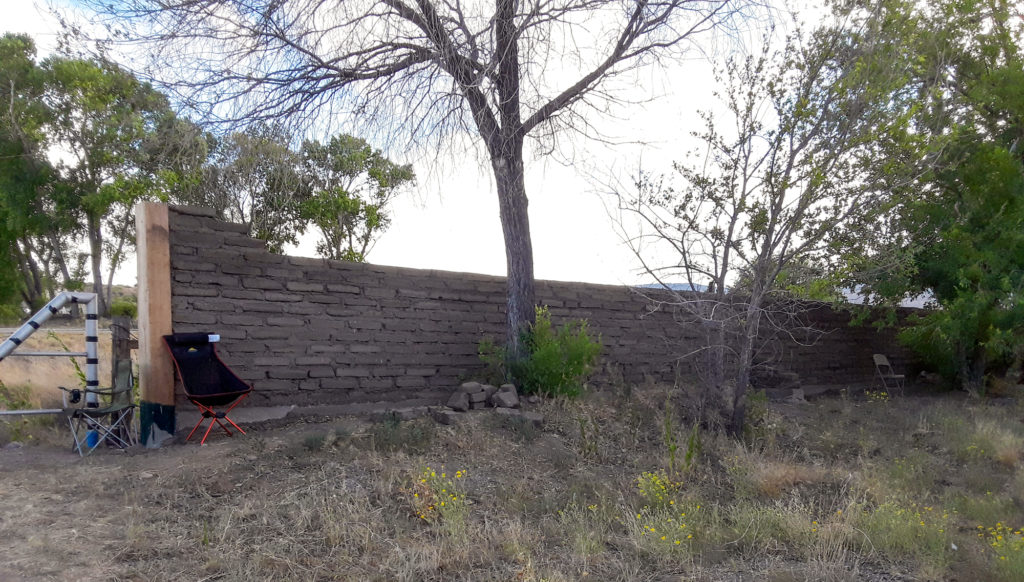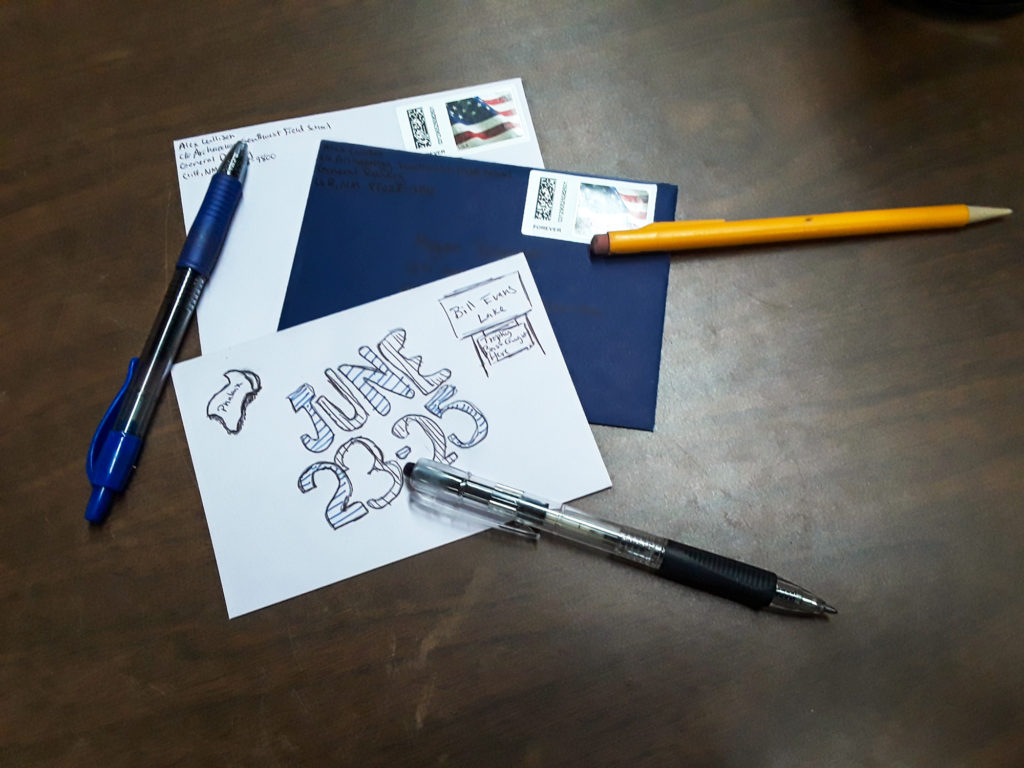- Home
- >
- Preservation Archaeology Blog
- >
- “Disconnecting” at Field School
(July 11, 2019)—When I first got into this field school, I remember reading that this would be an excellent opportunity to “disconnect.” That sounded great in March: I was studying abroad at the time, and I was spending more and more of my time checking Twitter and not experiencing study abroad.
Overall, I’ve enjoyed not being able to constantly use the internet. I can use the internet for about forty-five minutes a day during dinner, and I spend the rest of my time focusing on the program—which is important, because I’m not here for long. I’m learning to use technology more responsibly, but the world doesn’t stop when you go to field school: when you “disconnect,” your relationships, communities, and responsibilities don’t go on hold. My peers and I have learned to balance this “disconnect” with our desire to stay invested in what we care about.
For many of us, our phones are gateways to the world “beyond.” We can use them at dinner to check social media, answer questions that we had earlier in the day, or message other people. Some also use this time to call their families, though I don’t have reception at dinner. It’s also pretty common to see people sitting in chairs near the highway while on their phones, but I also don’t have reception there. During our trips to Silver City, all of us can usually make calls or use the internet at the laundromat. Thus, our trips to Silver are my only time to truly break my “disconnection” from the rest of the world. Phones aren’t the only way to disconnect, though.

When I decided to come to field school, I promised my fiancée that I would write every day. It was our way of staying “connected” to each other even though we knew that I wouldn’t be in constant contact with her. Since May 31, I’ve been able to keep up that pace, and it’s taught me a different way to stay connected that I really value. Although letter-writing is different than talking on the phone, it has been a valuable experience of how to overcome communication problems.

Overall, this experience has been fairly similar to what I expected, but it’s helped me to understand the idea of “responsibly disconnecting.” Like I said, the world doesn’t stop when we disconnect, and that goes beyond having internet or phone service. It applies to our relationships and our jobs, but it also applies to our relationship to the world. Context is key in an archaeological site, but archaeologists also have to understand the social and political context they work in. One can’t understand this context if one is “disconnected,” and that’s where the idea of responsibly disconnecting comes in. For me, it means finding a way to be in touch with the world around me while still taking care of myself. It isn’t a lesson I planned to learn here, but I’m excited to apply this in my life beyond.